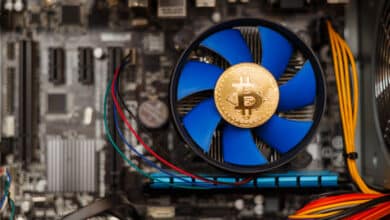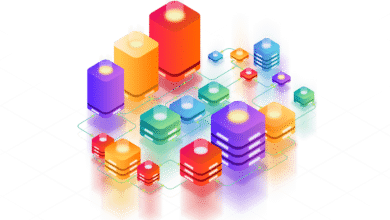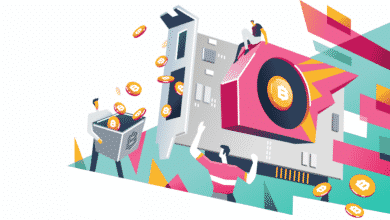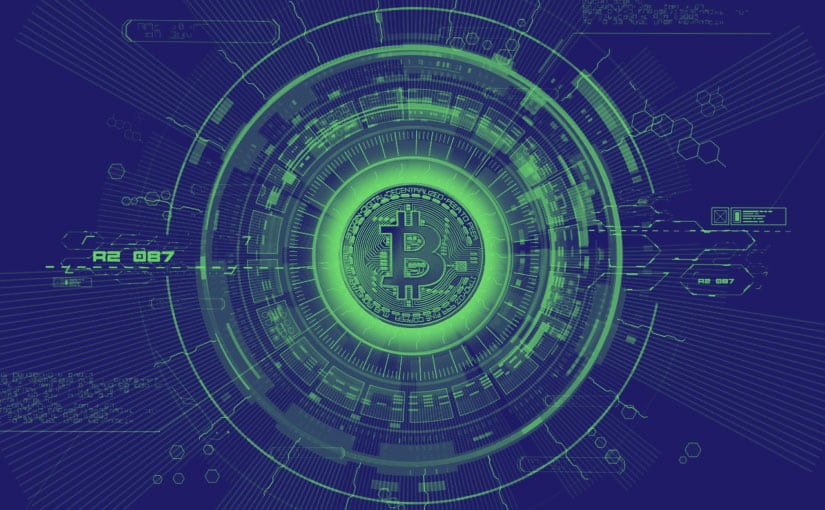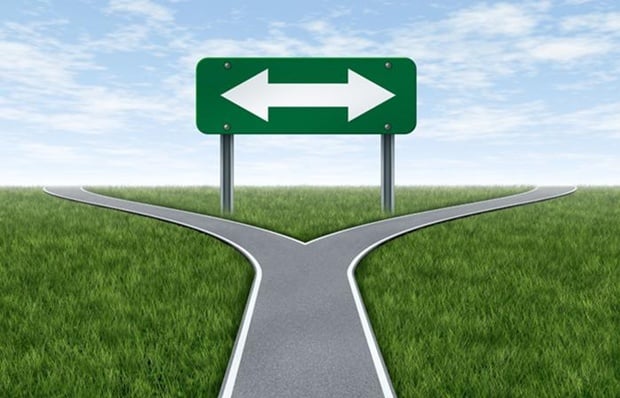
Decentralization is at the core of blockchain powered solutions, but can it help us solve social issues?
There are some things that we get so used to that we stop noticing they play a crucial role in our lives. These things control what we say, how we say it, and even the consequences of our actions. I’m talking about spaces. In our society spaces are engineered to set the context and the rules of all the interactions that happen within them.
This may sound complex, but the rules and traditions regulating our behaviour depending on the location we are at lay in the core of social interactions. A person might act silly and loud when at their friend’s house, where as, at a business meeting would keep a serious and quiet conversation. This might seem obvious, but let’s take this further: People portray themselves differently even on an official document (application form for a loan, for example) verus on a document that is meant for a friend (personal letter). These cases show an artificially created context that sets the basic rules of behavior.
The phenomena is much deeper than it seems when you make a brief research on social practices:
- Coffee Shops played a crucial role in the late 17-th century economy as they have provided the space for people of different origins, religions, and occupations to meet, exchange ideas, seal trade deals, and discuss the news. These exchanges shaped the way our society looks today.
- A more recent case (and a peculiar one) are McDonald’s restaurants. A study showed they might play an important role in some communities; Serving as a place similar to medieval coffee shop — people meet, exchange ideas, and build social experiences there.
Spaces can be designed. We got quite good at this building places intended to inspire, like museums or cathedrals; and entertain, like Disneyland. Places to boost production and manufacture, like the new Tesla plant. Places we don’t notice, but interact with each day, like that park you’ve crossed on your way to work.
It is clear, that any digital space has the same qualities too. The design of digital spaces can inspire great stories and nudge you towards creating quality content. Blogging platforms like Medium make it easy for you to share your personal thoughts, while platforms like Instagram allow you to instantly share a significant moment. Some platforms like Twitter even create new forms of creativity by introducing artificial limitations.
The examples above show digital spaces can have new roles and functions beyond the initial design. Roles that could not be pre-calculated. Some would even argue that it’s what makes the them so great. Twitter wasn’t intended to become what it is now. Just as Facebook.
This also means that sometimes a digital platform might have social responsibilities it was unaware of and couldn’t predict. This might explain Facebook’s founder being confused with things like the Cambridge Analytica scandal. Mark Zuckerberg is a tech expert, not a sociology guru, so it’s hard for him to grasp that there might be something in his product, beyond the technological challenges his company is trying to solve.
Therefore the common problem with centralized platforms built for any social interactions, is that they are not ready to cope with what they might become. However great the technology behind the platform, or however good their intentions are, the issue is too big for any single company to handle. People coming to the platform are confined and limited to the space inside it. And as we see these things can change the form of our societies.
The solution? Instead of making more versions of similar platforms, take a different approach like decentralizing. A decentralized space where everyone has equal rights and the freedom to choose what happens on the platform. The architecture behind decentralized networks enables a deeper way for the people to control their digital environment, instead of submitting to the rules and regulations of a single authority. The creation of decentralized spaces could help solve the issues current platforms like Facebook or YouTube are struggling with.
For example, when you use any current platform your whole experience is controlled by the owner of the platform. Along with the current discovery and feed creation algorithms this creates a heavily distorted view. The result? Fake news, Cambridge Analytica hack and possible instant gentrification of digital spaces.
Let’s take another view this time from the economy perspective. Platforms are private or public companies. They are business enterprises meant to make money not only to sustain themselves, but to create profit for their investors, founders, and shareholders. And that’s how they get caught in a conflict of interests too complex to have a one time solution.
They design their algorithms to meet their own internal goals, while this leads to unexpected consequences.The platforms are torn between their business KPIs, the interests of their clients, and their users. Add the social responsibilities they have been unaware of and you’ll get the latest headlines.
By providing a tool for the people to decide, we could return this process to its natural state, undistorted by a financial, reputational or any other kind of interest of a single overpowering actor. It is not that we shift the balance by introducing another kind of authority, but we build a different infrastructure entirely. One that gives the voice of equal power to each member in an environment over which none could have total control.
Inside this new type of space (which looks much like the web in the early days) new communities could be born, new ways to create and redistribute value, allowing to share it among every participant, since no single entity would regulate the process.
This might be by far the most important role of decentralization and the reason why it should not be considered only as a stack of technologies behind the cryptocurrencies.
Source: cryptovest


